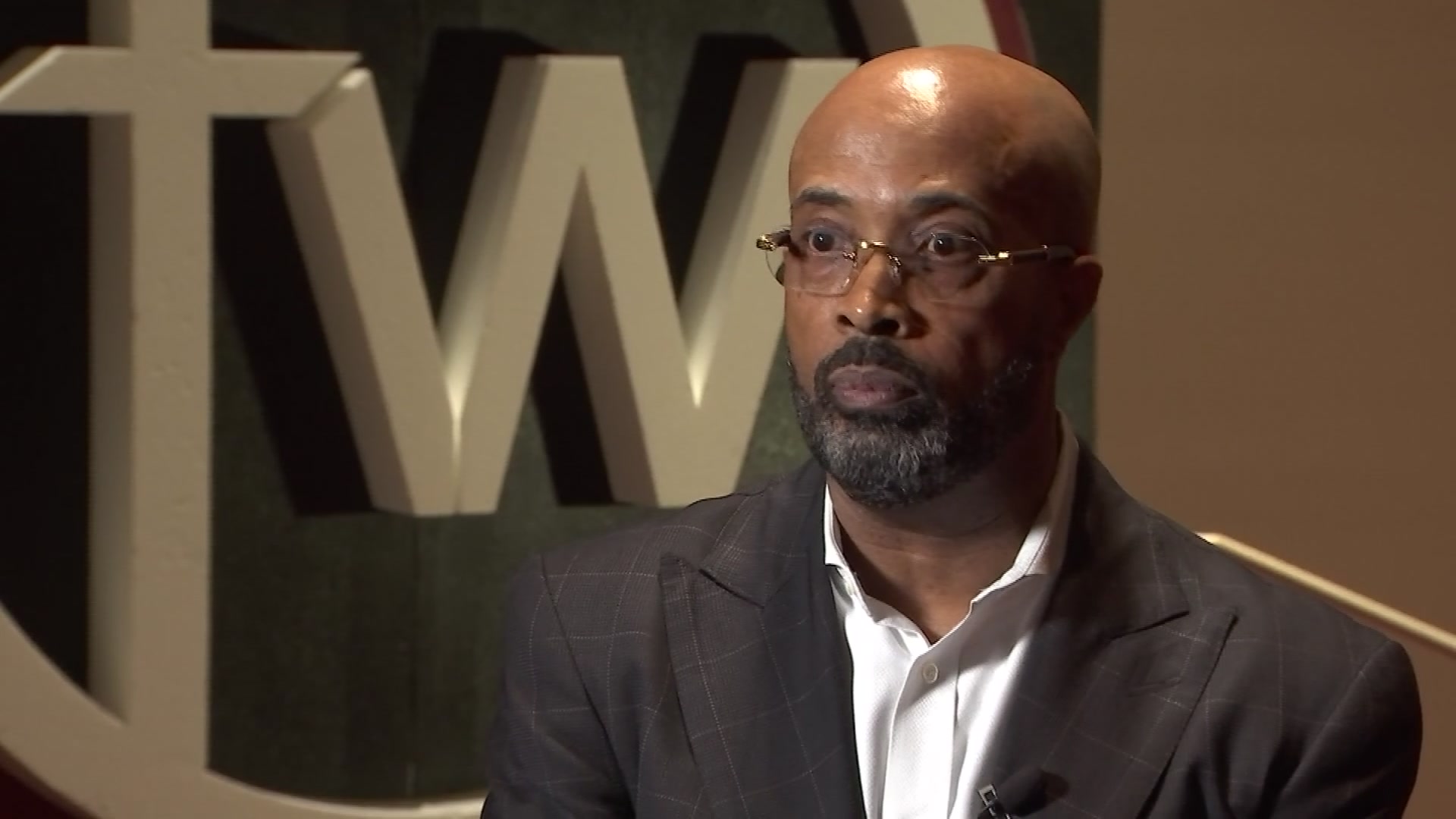The Texas Legislature approved on Thursday a mandatory sentence of life in prison with parole possible after 40 years for 17-year-olds who commit capital crimes.
Both the Senate and House passed the bill Thursday and it now goes to Gov. Rick Perry for his signature.
The Senate also approved a proposed constitutional amendment that would pump billions into road building from the state's cash reserve fund. That fund is supported by oil and gas severance taxes. If approved by the House, the measure would go to voters statewide in November.
The juvenile justice bill, though, took up most of the time Thursday in both chambers, with Democrats calling for an overhaul of juvenile sentencing guidelines.
Seventeen-year-olds are considered adults in Texas, and the previous law mandated that those convicted of killing someone while committing a felony must spend their life in prison.
But the U.S. Supreme Court ruled that it was unconstitutional to sentence a minor to life in prison.
Sen. Jose Rodriguez, D-El Paso, said judges and juries should have more flexibility to consider individual circumstances.
Local
The latest news from around North Texas.
"Juveniles offenders because of their brain development and other factors are different from other offenders," he said. Rodriguez also expressed concerns about statistics that show racial disparities in how teenagers are charged and sentenced, with blacks and Hispanics receiving harsher penalties than whites for the same crimes.
Sen. Joan Huffman, R-Houston, said her bill meets the new constitutional requirements and be consistent with sentencing for 14-to-16-year-olds, who also receive a mandatory sentence of life with the possibility of parole in 40 years. She rejected allowing parole after only 25 years.
"In my eyes, 25 years would be too short of a sentence for someone who has committed a capital felony," Huffman said.
In the House debate, Rep. Lois Kolkhorst, R-Brenham, sponsored the bill and said that while she considered including life without parole as a possibility in the bill, she decided ultimately she wanted to treat all juveniles the same.
"This makes it so that life without parole is out of the picture," she said. "I do not stand before you for a moment ... to say that we shouldn't look at this in the future."
Kolkhorst said sentencing guidelines may need review, but Senate Bill 2 is needed to fix this problem immediately.
Rep. Terry Canales, D-Edinburg, said he felt the new measure would still be unconstitutional and wanted to give judges and juries more options. He also wondered if 40 years in prison were the equivalent of a life sentence.
"They are going to be 57-years-old when they get out, what opportunities are they going to have?" he asked in what became a heated argument on the House floor.
Senators congratulated each other on passing the transportation measure, but it faces trouble in the House, where it could be difficult to get 100 out of 150 members to support the proposed constitutional amendment.
Tea party members and Democrats oppose the measure and Texas transportation leaders say the state needs about $4 billion more for roads per year. The measure before lawmakers would spend less than a quarter of that. The measure passed the senate unanimously.
The House could take up the transportation resolution as early as Monday.



